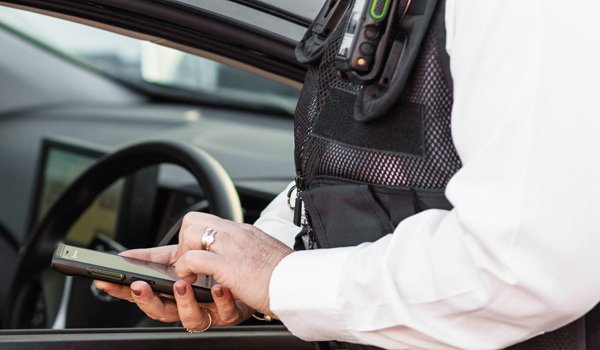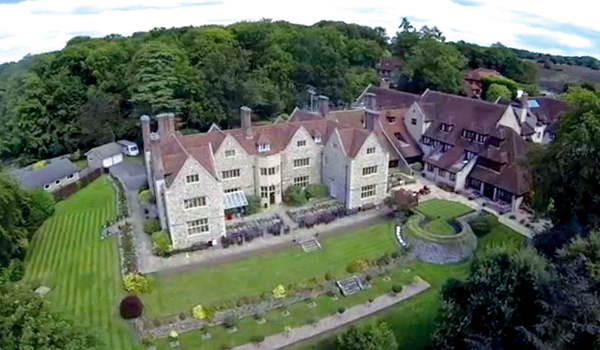Home Secretary questioned over timetable for the ESN
Former Public Accounts Committee (PAC) chair Meg Hillier has written to the Home Secretary to raise concerns over the Home Offices timetable for the new Emergency Services Network (ESN) replacing the existing Airwave contract.
Former Public Accounts Committee (PAC) chair Meg Hillier has written to the Home Secretary to raise concerns over the Home Offices timetable for the new Emergency Services Network (ESN) replacing the existing Airwave contract.
Ms Hillier, who is putting herself up for re-election as PAC chair, said in her letter that the tragic incidents in Manchester, London Bridge, Grenfell Tower and Finsbury Park highlight the importance of our emergency services being able to communicate effectively in the event of an emergency.
In her note to Amber Rudd, the Labour MP wrote: As you will recall the Public Accounts Committee raised concerns in November 2016 about the ambitious timetable for introducing the new system before the old system was obsolete.
It revisited the project in February this year when it learnt that there would be a gap in the provision of the old system and the expected start date of the new
system. The potential delay was then highlighted as several months and there were key milestones set out by the committee which the Home Office needed to meet to ensure continuity of coverage.
Ms Hillier asked Ms Rudd to update her on the progress on the ESN, when the new system will be implemented and what strategy is in place to ensure there is no gap in emergency services communication.
She also asked Ms Rudd whether there was now a plan of action in place for how this [the ESN] will work on the London Underground, the Tyne and Wear Metro and the Glasgow Metro something that was lacking when the committee raised questions previously and whether the Home Office is considering mandating regions to sign up.
The Home Office has promised that it will not take any risks with public safety and there will be no gap in the emergency services` communications provision. It says the existing Airwave system will continue until transition onto the ESN is completed.
The ESN will be provided by EE, utilising its 4G LTE (long-term evolution) national network to give next generation broadband voice and data services to all UK emergency services.
EE says its 4G network will significantly improve the efficiency of the emergency services by giving them access to the type of data and applications that have benefited private businesses in recent years.
LTE offers unrivalled broadband capabilities for applications such as body-worn video streaming, digital imaging, automatic vehicle location, computer-assisted dispatch, mobile and command centre apps and video surveillance apps, such as facial recognition.
But a critical report by the National Audit Office last year expressed concern that the planned replacement for the existing Airwave Tetra (terrestrial trunked radio) service used by the emergency services was inherently high risk as a similar network has never been implemented elsewhere.
However, Airwave owner Motorola Solutions insists it is committed to a smooth transition of the emergency services to the ESN.
Motorola Solutions is responsible for the delivery of the user services for the ESN, providing systems integration and public safety functionality under the Governments Emergency Services Mobile Communications Programme.
It says the new ESN has also changed the landscape for integrated communications control systems (ICCS), driving the need for a unified multi-technology environment that seamlessly interoperates with both broadband and the existing Airwave Tetra networks.
Last year, Motorola Solutions acquired the mobile assets communications system (MACS) technology developed by Cyfas Systems in readiness for the planned switch to the ESN.
MACS provides enhanced ICCS functionality to support critical control room operations such as dispatching and telephone call handling, and helping to ensure rapid emergency responses.
The Home Office planned to roll out the ESN between September 2017 and December 2019, but has admitted this could be delayed by nine months until September 2020.





